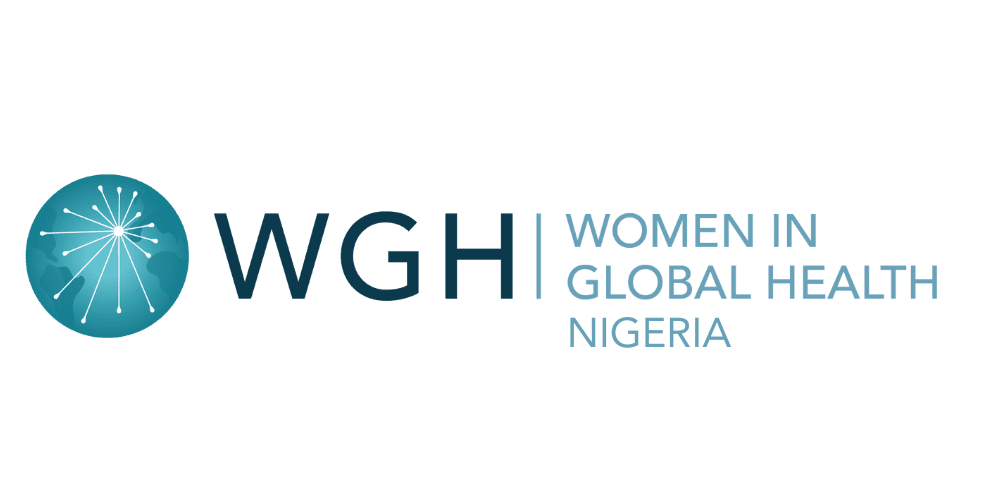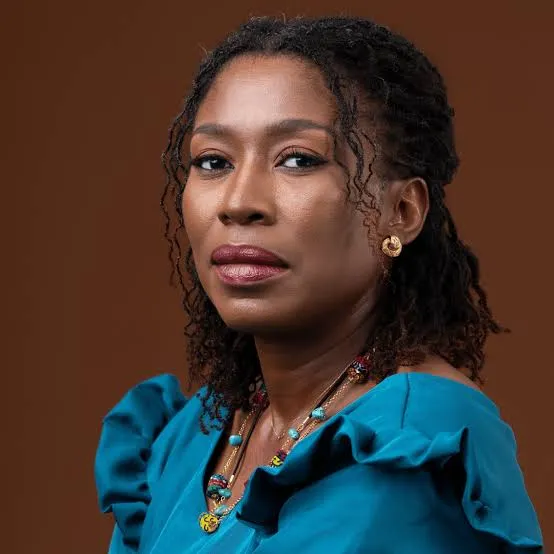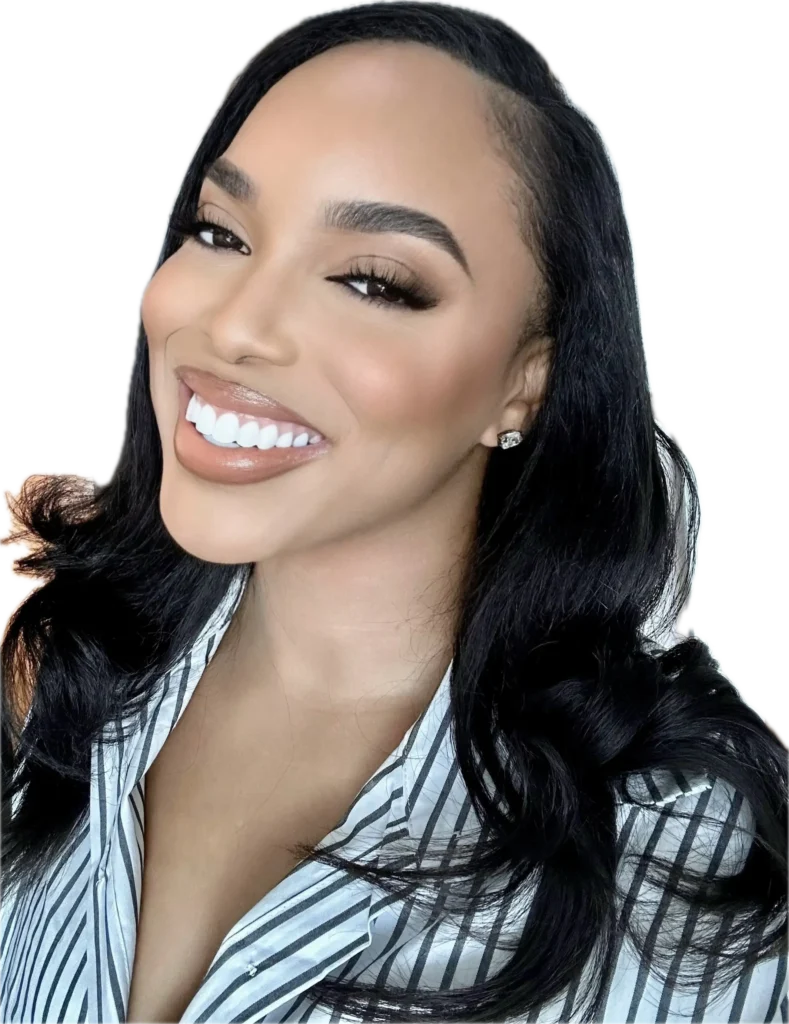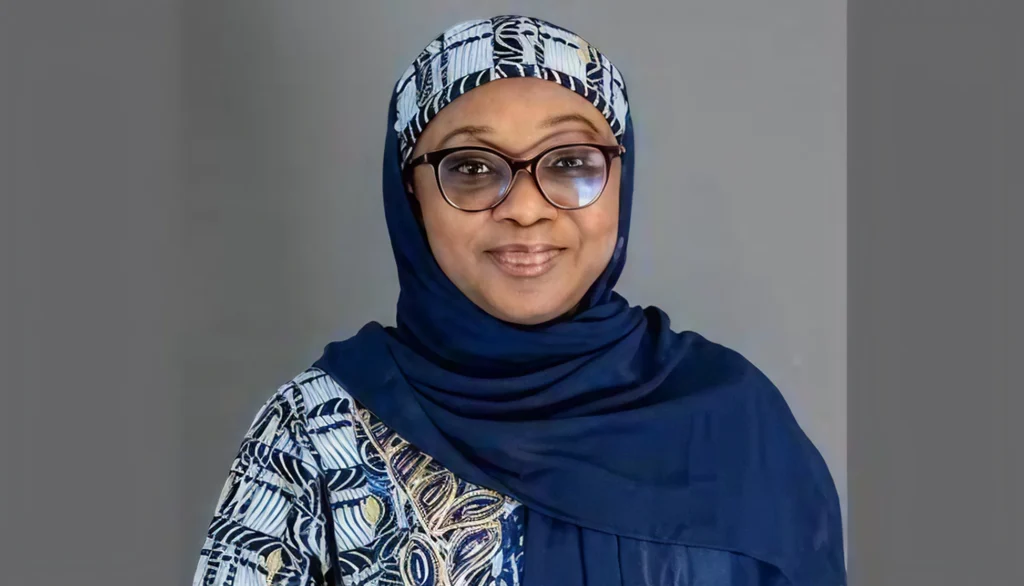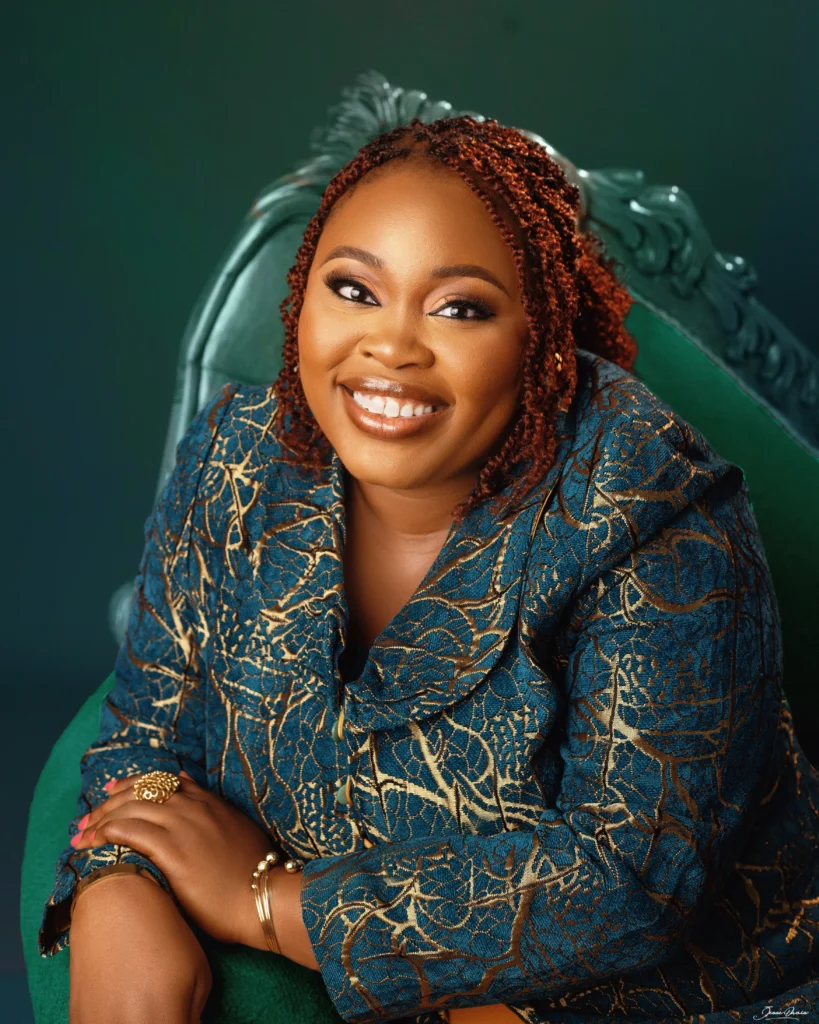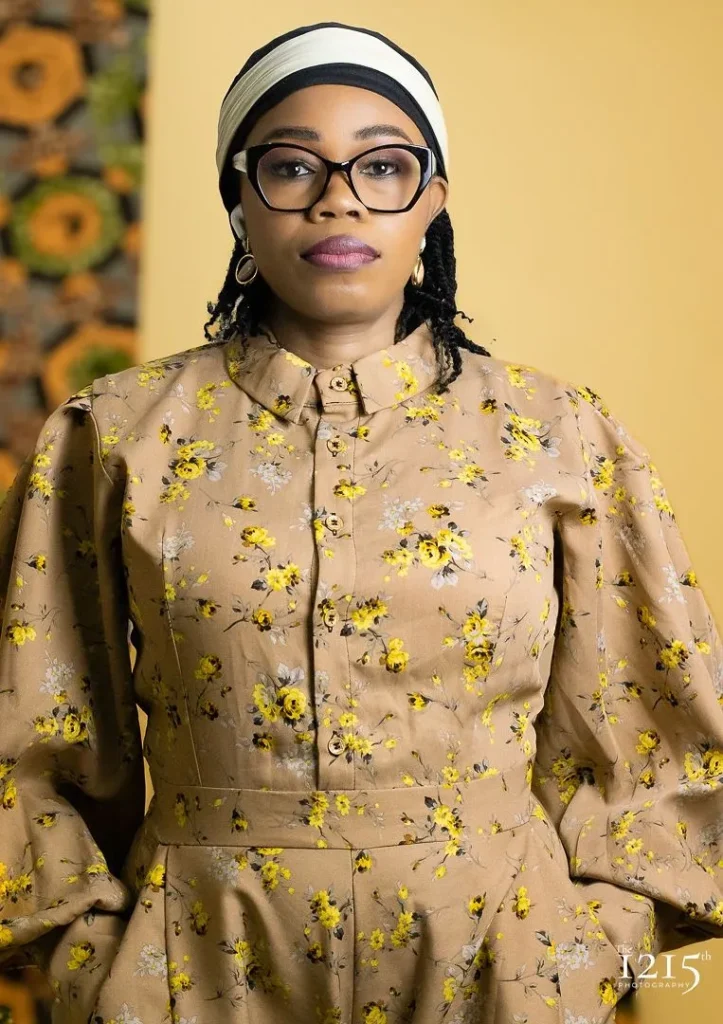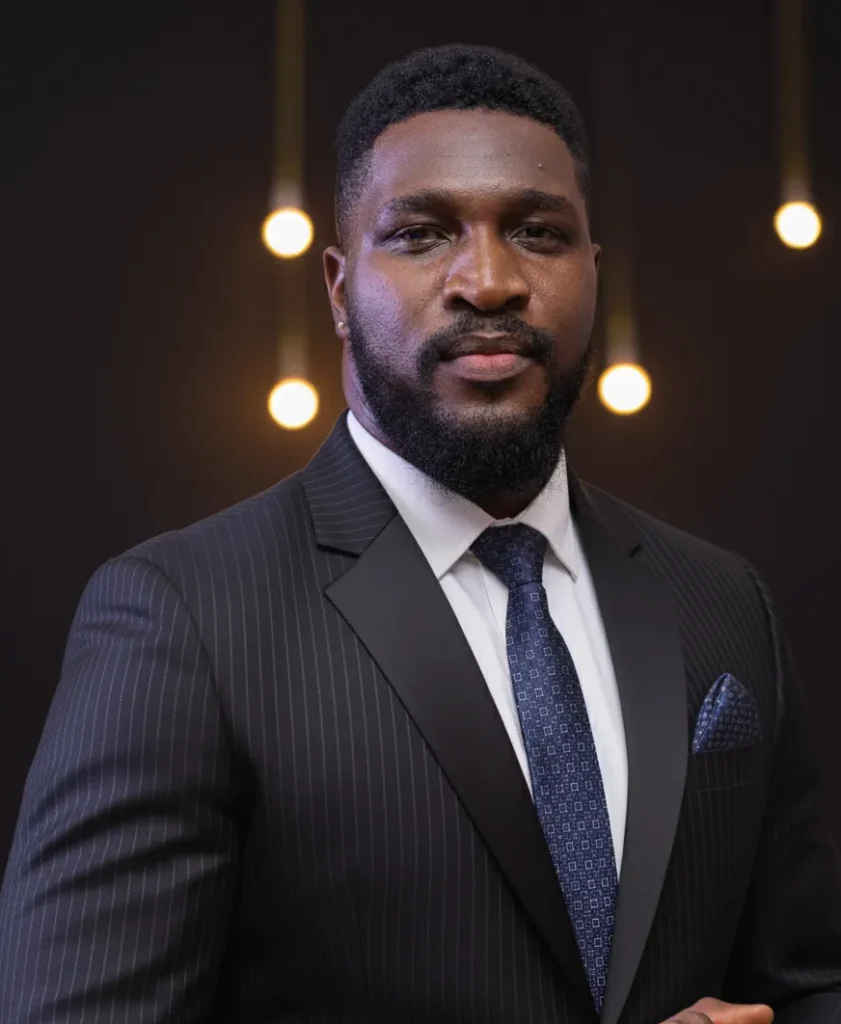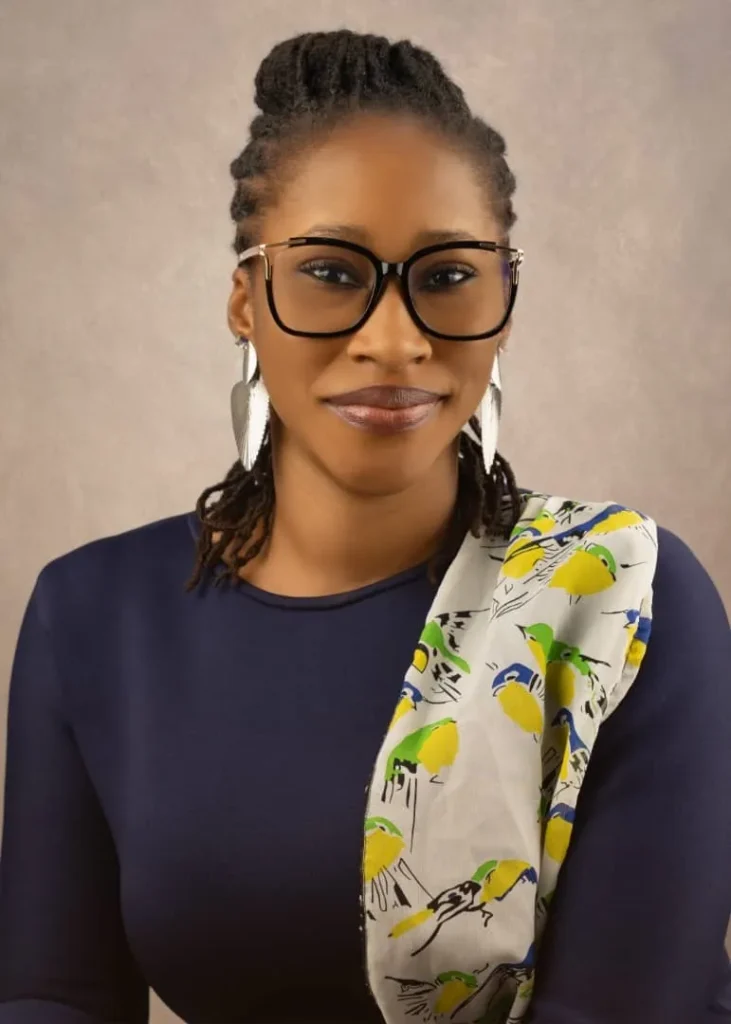Where Women Lead, Health Thrives.
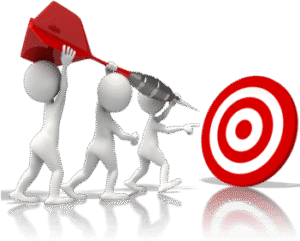
Our Mission & Vision
To build a world where leadership in health is inclusive, diverse, and equitable.
To build inclusive and empowering networks for Nigerian women in global health.
To achieve gender parity in leadership across all health-related sectors.
To collaborate with institutions promoting gender and inclusion.
To shape equitable health policy through strategic advocacy.
- To mentor and inspire girls to pursue health leadership roles.
Women in Global Health (WGH) Nigeria began in 2020 with a vision: to amplify the visibility, voice, and recognition of Nigerian women shaping global health programming, policy, and advocacy, both within our communities at home and across the diaspora. From the start, we set out to build an inclusive movement that welcomes all genders, across every stage of their careers, and from every background; tribe, religion, age, or socioeconomic status, united by a shared commitment to advancing gender-transformative leadership in health.
In our early years, Pathfinder International in Nigeria played a pivotal role, providing strategic partnership and operational support as we laid the foundations of the chapter. With that backing, we steadily grew, and in 2023, we reached a defining milestone: WGH Nigeria’s registration as a legal entity. On April 27, 2023, we celebrated our official launch, marking not just the start of a new chapter but the beginning of a bold, collective journey.
Since then, our community has grown to 717 members (as of August 2025), and together we have designed and delivered five impactful projects, including three research studies that deepen the evidence base for women’s leadership in health. Beyond projects, our members have proudly represented Nigeria on global stages such as the World Health Assembly, UN General Assembly, World Health Summit, and Africa Health Agenda
International Conference (AHAIC), while also ensuring strong participation in national convenings that shape health and gender policy closer to home.
Every milestone has strengthened our conviction that Nigerian women belong at the decision-making table in health, locally, nationally, and globally. And our journey is only just beginning.
Our Journey
Meet the changemakers powering our mission
Our Team
At WGH Nigeria, our work is guided by the global Women in Global Health movement, while staying grounded in Nigeria’s unique context. Our pillars define how we create change:
Gender-Equal & Transformative Leadership
We push beyond numbers to ensure women are not only represented but are reshaping health leadership. By championing gender-transformative leadership, we aim to shift power structures and decision-making processes in health at local, national, and global levels.
Equity in the Health & Care Workforce
Women are the backbone of Nigeria’s health system, yet they face barriers to recognition, fair pay, safety, and career progression. We advocate for workforce equity; ensuring women health workers are supported, protected, and given equal opportunities to thrive.
Gender-Responsive Health Systems
From universal health coverage to pandemic preparedness, we promote health systems that respond to the needs of women, men, and marginalized groups alike. We believe gender equity is not an add-on; it’s a prerequisite for strong and inclusive health systems.
Movement & Alliance Building
We are part of a global sisterhood, building bridges across geographies and sectors. In Nigeria, this means growing a vibrant membership, forging partnerships, and uniting voices across gender, tribe, religion, and profession to advocate for change together.
